For many young adults, the transition to college is a time for experimentation, identity development, and autonomy building.
However, with that comes increased vulnerability and risk for exposure to illicit substances. When coupled with other life stressors and/or mental health challenges such as anxiety, depression, low self-esteem or sense of self, trauma, bipolar disorder and/or grief and loss, some young adults may develop addiction problems or substance abuse disorders. In fact, college students (18-24 years of age) are among some of the highest substance abusers nationwide.
The U.S. Department of Health and Human Services Substance Abuse and Mental Health Services Administration (www.samhsa.gov) states that, “Dependence on alcohol and drugs is our most serious national public health problem. It is prevalent among rich and poor, in all regions of the country, and all ethnic and social groups.” For most teens and young adults, alcohol is the substance of choice and easily accessible. It is often consumed through “binge drinking,” which is defined by having four or more drinks within two hours.
Studies show that the young adult brain is more susceptible to the allure of alcohol and other illegal substances including but not limited to tobacco/vaping (“juuling”), marijuana, cocaine, MDMA (“ecstasy/molly”), opioids, and stimulants (Adderall). When we pair drugs and/or alcohol with developing young adult brains, we have a dangerous combination. Chronic substance use and abuse can lead to a myriad of cognitive, physiological, and mental health problems. Not to mention, cause significant family conflict and dysfunction.
Counseling can help young adults and their families to identify whether substance use has become a problem. If so, it is key to teach the individual ways to cope with life stressors that do not include alcohol or other drugs. Our therapists and psychologists at Metta Psychology Group can also provide support for parents and family members, as well as make referrals to substance abuse treatment centers, if needed.
